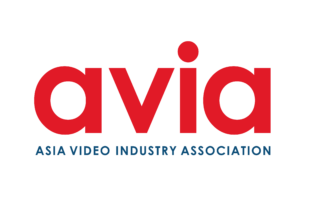Singapore – The Media Convergence Review Panel has studied the wide-ranging impact of media convergence on consumers, industry and society, and submitted to the Government their recommendations for addressing the policy and regulatory challenges after being tasked to study the issues impacting Singapore as media content and services increasingly converge due to rapid technology advancements.
The 12-member panel, helmed by Nanyang Technological University’s chairman of its Board of Trustees Mr Koh Boon Hwee, was appointed by the Minister of the former Ministry of Communications, Information and the Arts (MICA, currently Ministry of Communications and Information) in March 2012.
According to Ericsson Consumer Lab 2012, the impact of media convergence in Singapore is more pronounced as more than 80% of local households are connected to broadband. At 74%, Singapore has the highest smart phone penetration rate in the world, while tablet ownership is expected to grow from 31% to 60% by the end of 2012.
“In approaching this study, the panel was guided by three overarching values. The first is the need for media regulation to continue to reflect societal values and community standards. The second is to continue to ensure that local content is encouraged and promoted to bond people and build a cohesive and resilient society. Lastly, to strike a balance between commercial and public interests so that none are compromised in favour of the other,” said Mr Koh.
The panel reviewed the impact of media convergence in four key areas: Update Singapore’s content regulatory framework to spur industry growth; find ways to enhance the vibrancy of local content such as the development of tax incentive; develop a policy and regulatory response to address copyright and digital piracy challenges through greater public education, provision of more legitimate content sources and site blocking; and update Singapore’s media licensing framework for more clarity and consistency by streamlining licensing of all online content services under Singapore’s Broadcasting Act and defining audio-visual services that are licensable.








